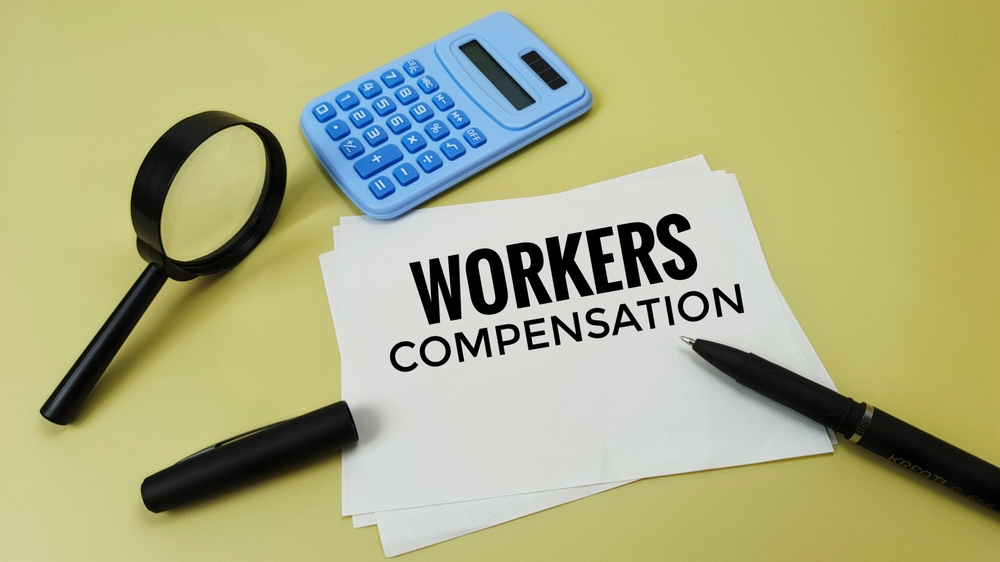
Filing a workers’ compensation claim in Montana involves a series of steps with strict deadlines. A successful claim provides access to medical and wage loss benefits while you recover from your injury.
A Montana workers’ comp lawyer helps injured employees secure these benefits and navigate communications with insurance carriers.
SCHEDULE FOR A FREE CASE EVALUATION
Montana’s workers’ compensation system operates to protect employees who get hurt on the job. Nearly every employer in the state must carry workers’ compensation insurance for their employees, including full-time, part-time, and seasonal workers. This insurance provides a safety net, covering medical costs and a portion of lost wages if you cannot work.
The system functions on a no-fault basis, meaning you can receive benefits even if your actions contributed to the accident. The focus rests on the fact that the injury occurred within the course and scope of your employment, not on assigning blame.
This structure also generally protects employers from lawsuits related to workplace injuries, as workers’ comp is the exclusive remedy.
Your Montana workers’ comp rights include receiving payments for all reasonable and necessary medical treatments related to the injury. You also have a right to wage replacement benefits if a doctor says you cannot work during your recovery.
You’re on the right track if you’ve already received initial medical care. Now, there are several steps you can take from home that can bolster your claim. Proper documentation and timely communication form the foundation of a successful claim.
Here are the immediate actions you should focus on:

After successfully filing a claim, you may access different types of Montana workers’ comp benefits. These benefits address the financial burdens that come with a work injury. An attorney can help determine all the benefits that apply to your situation.
Workers’ comp covers all reasonable and necessary medical expenses that result from your workplace injury or occupational disease. This coverage is comprehensive and intended to help you recover as fully as possible.
Common examples include:
Wage loss benefits help replace a portion of the income you lose while you’re physically unable to work. The specific type and amount of these Montana workers’ comp benefits depend on the extent of your disability.
If your work injury results in a permanent impairment, you may receive an impairment award. A doctor assesses your condition once you have reached Maximum Medical Improvement (MMI), which means your injury isn’t expected to improve further.
This assessment results in an impairment rating, which an attorney uses to calculate the value of this benefit.
Receiving a notice that your claim was denied can be disheartening. Insurers must provide a reason for the denial, and understanding that reason is the first step toward an appeal.
A denied workers’ comp claim in Montana doesn’t mean your case is over; you can challenge the decision.
Some frequent reasons for claim denial include:
During your claim, the insurance company might require you to attend an Independent Medical Examination (IME). An IME is a medical evaluation performed by a physician that the insurer chose to assess your injury, its cause, and the extent of any disability.
The doctor who conducts the IME will review your medical records and perform a physical examination. After the exam, the doctor prepares a detailed report with their medical opinions and sends it to the insurance company; the report can significantly impact decisions about your benefits.
Although the examination is called “independent,” it’s important to remember that the insurer selects and pays the doctor. This doctor doesn’t provide treatment, and their opinion may differ from that of your regular treating physician.
An attorney can help you prepare for an IME and can challenge the findings if they don’t accurately reflect your condition.
Missing a key deadline when trying to file a workers’ comp claim could put your ability to receive benefits at risk. A lawyer keeps track of these timelines and helps you avoid making simple timing errors.
Key timelines to remember are:

Managing a workers’ compensation claim alone while trying to recover from an injury is a difficult task. A personal injury lawyer handles the legal burdens for you. Their experience with the system can make a significant difference in the outcome of your case.
An attorney assists you in the following ways:
Your most immediate responsibility is to seek necessary medical attention for your injury. Next, you must report the injury to your employer as soon as possible, but no later than 30 days after the incident. This notification should be in writing to create a clear record.
No, Montana law explicitly prohibits an employer from firing you because you filed a workers’ compensation claim; such an action is considered retaliatory and illegal. While an employer can replace you if your absence creates a business need, the termination cannot be a punishment for pursuing benefits.
If you’re temporarily unable to work, you typically receive temporary total disability (TTD) benefits. These benefits are generally equal to two-thirds of your gross wages at the time of the injury, up to a maximum amount set by the state.
Payments continue until your doctor releases you to return to work or you reach maximum medical improvement.
If someone other than your employer or a coworker caused your injury, you might have a separate personal injury claim against that third party. For example, if you were in a car crash while driving for work, you could pursue action against the at-fault driver.
You may file a third-party claim in addition to your workers’ compensation benefits.
Filing a workers’ compensation claim without help presents many challenges because of the complex legal procedures, strict deadlines, and interactions with insurance adjusters. An uncooperative employer can add another layer of difficulty if they delay filing paperwork.
A skilled work injury lawyer in Montana handles these issues, allowing you to focus completely on your health and recovery. They have experience with common roadblocks on the path to compensation and can appeal your claim if it gets denied.

Shane D. Colton, Billings Workers’ Compensation Lawyer
When you’re dealing with a work injury, you need an advocate who understands the system and will fight for the benefits you need to recover. At Yellowstone Law, we help injured workers across Montana get their lives back on track.
Let our team handle the legal details so you can concentrate on your health. We’ll manage your claim, protect your rights, and work toward a favorable outcome for you and your family. Contact Yellowstone Law today at (406) 259-9986 to schedule a confidential consultation.
SCHEDULE FOR A FREE CASE EVALUATION